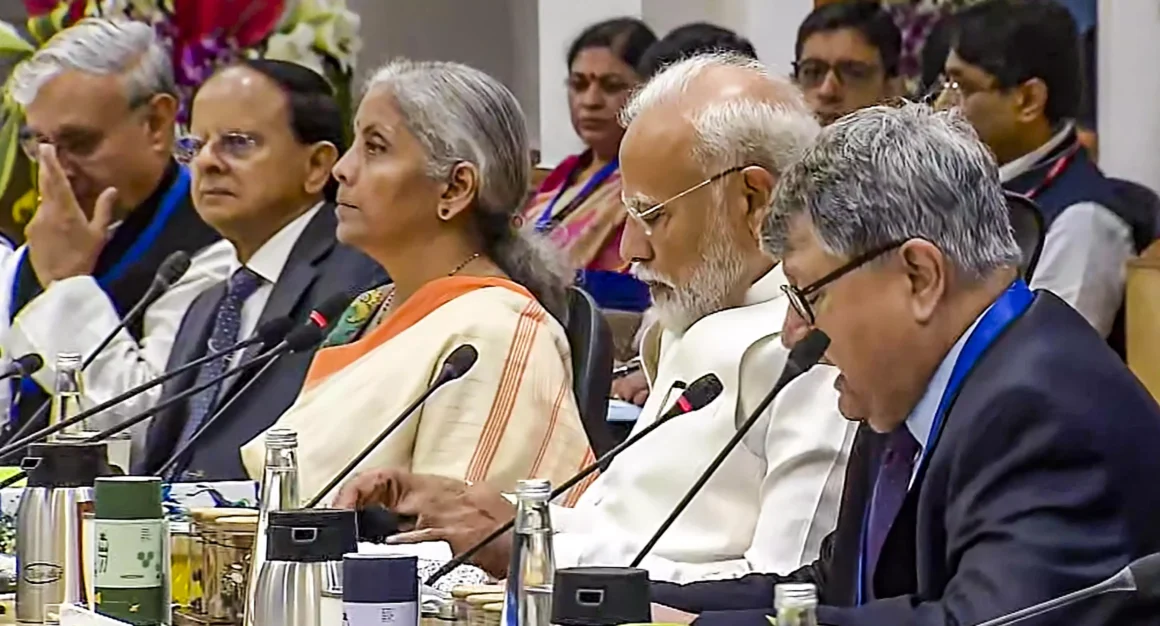Introduction: The Narendra Modi-led NDA government has undertaken a significant overhaul of NITI Aayog, India’s premier policy think tank, with new appointments and strategic adjustments aimed at fostering transformative growth across sectors.
Overview of Reconstitution: Recently announced, the reconstitution includes the retention of Prime Minister Narendra Modi as the chairperson and economist Suman K. Bery as the vice-chairperson. The addition of four full-time members underscores a commitment to diverse expertise in fields critical to India’s development.
Key Appointments: Among the notable full-time members are scientist V.K. Saraswat, agricultural economist Ramesh Chand, paediatrician V.K. Paul, and macro-economist Arvind Virmani. Their roles signify a blend of scientific, economic, and developmental perspectives crucial for shaping national policies.
Ex-officio and Special Invitees: The inclusion of Union Ministers like Rajnath Singh, Amit Shah, Shivraj Singh Chouhan, and Nirmala Sitharaman as ex-officio members enhances direct governmental involvement in policy formulation. Additionally, special invitees from various ministries bring specialized insights into areas such as health, transportation, and industry.
Strategic Focus Areas: Under its revised composition, NITI Aayog aims to prioritize sectors pivotal to India’s future, including healthcare, agriculture, finance, and infrastructure. This strategic alignment reflects a proactive approach to addressing contemporary challenges and leveraging emerging opportunities.
Historical Context and Evolution: Established in 2015, NITI Aayog replaced the Planning Commission, marking a shift towards a more dynamic and inclusive approach to economic planning and policy formulation. Its evolution underscores India’s commitment to adaptive governance and responsive policymaking.
Impact on Policy Formulation: The revamped NITI Aayog is poised to play a pivotal role in steering India’s economic trajectory amidst global uncertainties. By fostering innovation, sustainability, and equitable growth, it aims to consolidate India’s position as a global economic powerhouse.
Conclusion: As India navigates complex socio-economic challenges, the reconstituted NITI Aayog stands as a beacon of strategic foresight and collaborative governance. Its leadership and advisory role are pivotal in shaping policies that resonate with the aspirations of a vibrant and dynamic nation.










